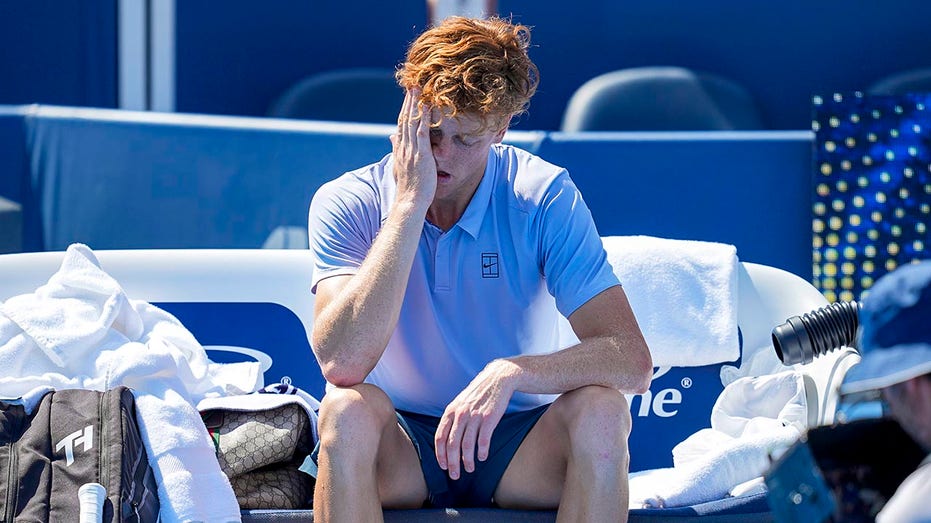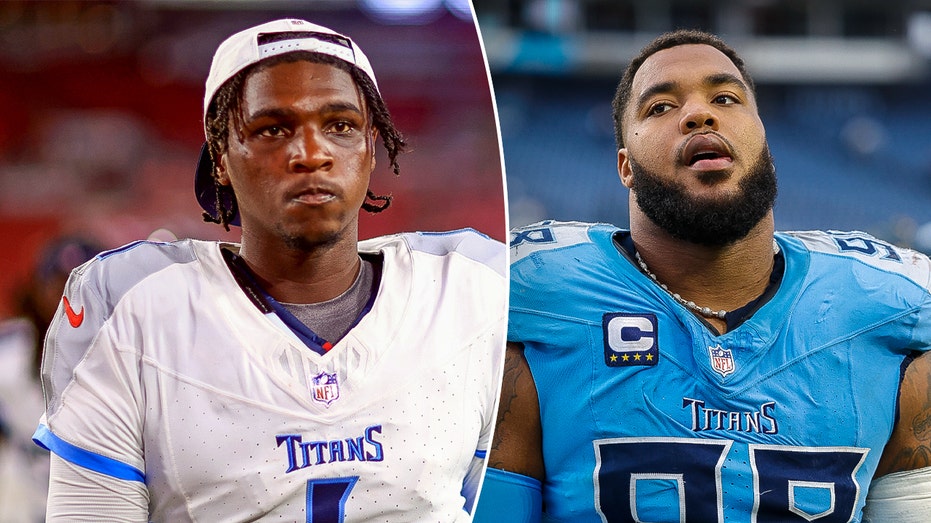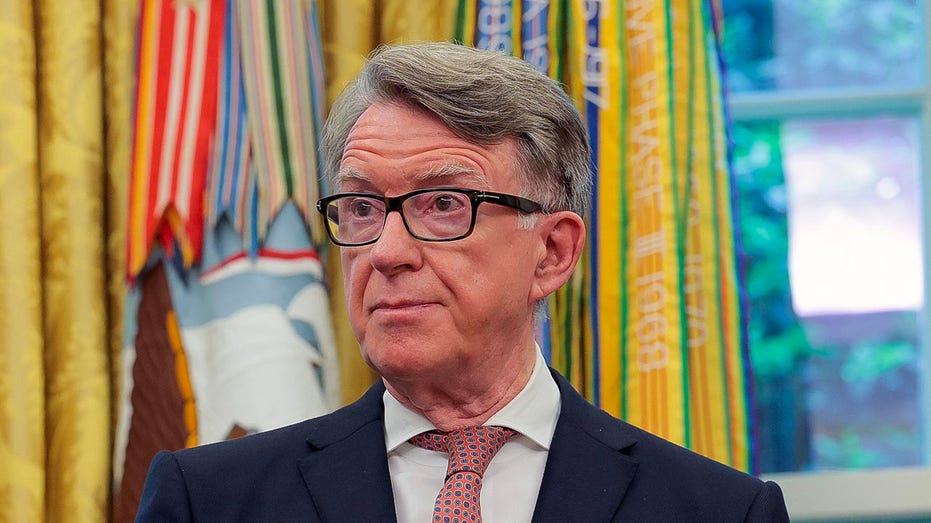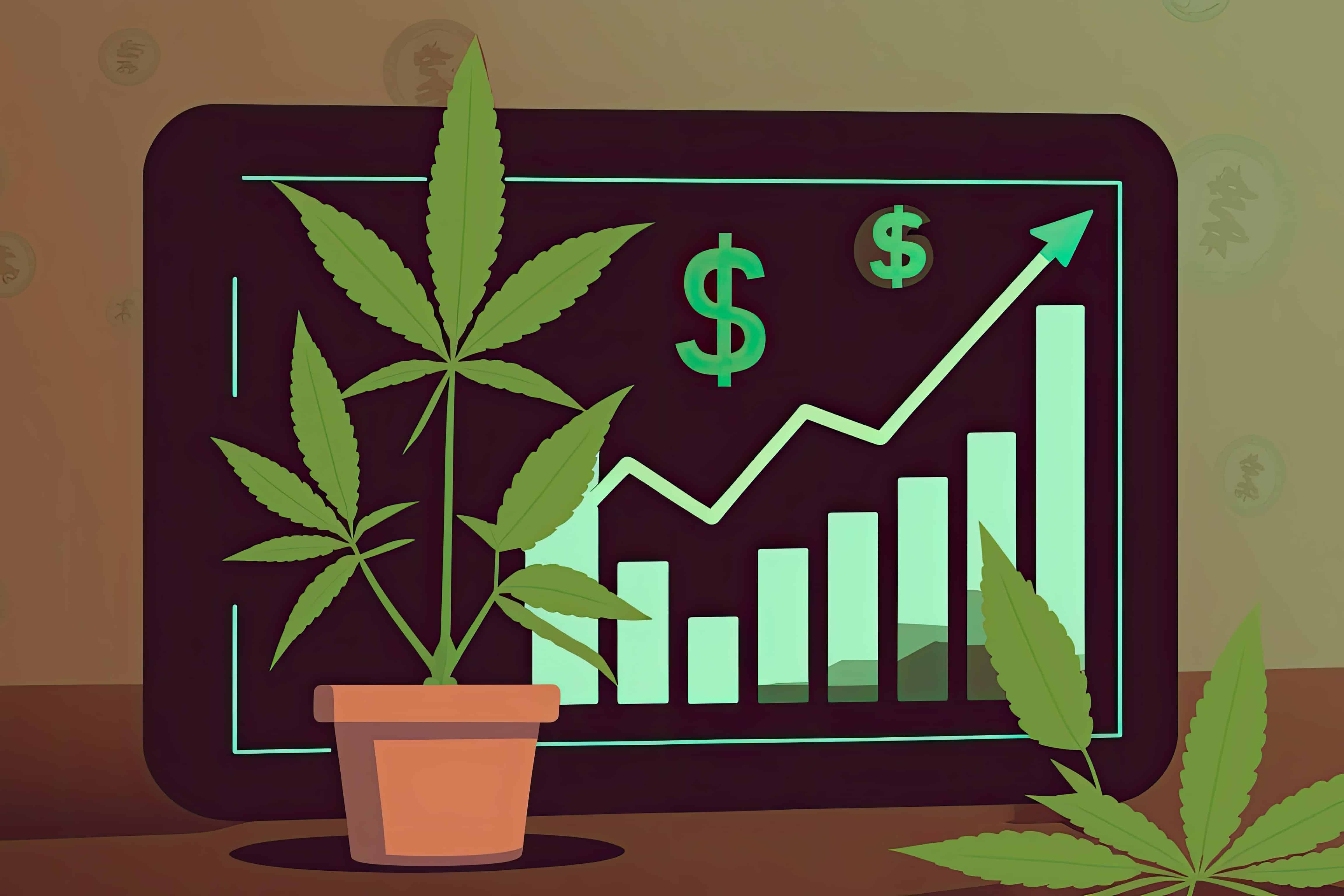In recent years, a powerful shift has occurred in the world of sports: athletes are beginning to openly discuss their mental health struggles, challenging long-standing stigmas. From professional leagues to the Olympics, sports figures at the top of their game have publicly acknowledged the pressures they face, helping to create a dialogue that is changing the perception of mental health in athletics.
This movement isn’t just about personal stories; it's inspiring changes in how teams, organizations, and fans view mental health, recognizing its importance alongside physical fitness. The result is a cultural shift toward better support systems for athletes, both during and after their careers.
The mental health conversation in sports was historically shrouded in silence. Athletes were expected to maintain a tough, invincible image, even under extreme pressure. However, that narrative is being rewritten by athletes like Simone Biles, Naomi Osaka, and Kevin Love, whose openness about mental health has sparked a revolution.
Simone Biles, one of the greatest gymnasts of all time, made headlines during the Tokyo 2020 Olympics (held in 2021) when she withdrew from several events to prioritize her mental well-being. Biles' decision was groundbreaking, as it highlighted the immense mental strain that comes with competing at the highest level and emphasized that protecting one’s mental health is just as important as physical safety.
Naomi Osaka, a four-time Grand Slam tennis champion, also made waves in 2021 when she withdrew from the French Open, citing the need to prioritize her mental health. Osaka opened up about her battles with anxiety and depression, which resonated with athletes and fans alike, particularly younger generations who face similar pressures in their everyday lives.
Kevin Love, an NBA champion with the Cleveland Cavaliers, has been a vocal advocate for mental health awareness in sports since 2018, when he shared his personal experience with panic attacks. Love’s vulnerability inspired other athletes in the NBA and beyond to start speaking openly about mental health challenges.
These athletes, and others like Michael Phelps, DeMar DeRozan, and Dak Prescott, have made it clear that mental health is not a weakness. By sharing their experiences, they’ve not only humanized the struggles that athletes face but have also brought mental health to the forefront of discussions in sports.
Athletes face a unique set of stressors that can contribute to mental health issues, including:
Constant Pressure to Win: The demand to perform at the highest level consistently can cause extreme stress. The pressure to succeed is not only self-imposed but also comes from fans, media, sponsors, and sometimes even teammates and coaches.
Injuries and Recovery: Physical injuries can be devastating for athletes, especially when they lead to prolonged absences or career-threatening situations. The anxiety of not returning to peak form, combined with isolation during recovery, can cause depression or anxiety.
Public Scrutiny: In today’s social media-driven world, athletes are under constant public scrutiny. Negative comments and criticism can take a toll on their mental well-being, especially when mistakes or losses are amplified in the public eye.
Transition After Retirement: For many athletes, transitioning away from competitive sports can lead to a loss of identity, as their entire lives have been centered around their athletic careers. The sudden loss of structure and purpose can trigger mental health challenges like depression and anxiety.
As more athletes come forward, professional leagues, teams, and organizations are recognizing the need to support mental health. The stigma surrounding mental illness is slowly being dismantled, and resources are being allocated to help athletes cope with the challenges they face.
Mental Health Professionals: Many sports teams are now employing mental health professionals, such as sports psychologists and counselors, to work directly with athletes. These experts provide support not just for performance-related anxiety, but also for personal issues that may affect an athlete’s well-being.
Education and Awareness: Leagues like the NBA, NFL, and MLB are actively promoting mental health awareness, holding workshops, and encouraging athletes to seek help when needed. Educational programs designed to help athletes recognize symptoms of mental illness and cope with stress are becoming more common.
Destigmatizing Mental Health: The emphasis on mental health is also helping to create a more inclusive and understanding culture. By normalizing the conversation around mental well-being, teams and leagues are creating environments where athletes feel safe seeking help without fear of judgment.
Fans and the media play a crucial role in shaping the mental health conversation in sports. Historically, athletes have been praised for their toughness and criticized for showing vulnerability. However, fans are increasingly supporting athletes who speak out about their mental health, showing empathy and understanding instead of judgment.
The media has also become more sensitive to mental health issues, with many outlets highlighting the importance of mental well-being in their coverage of athletes. By shifting the narrative, the media can help normalize mental health struggles and ensure that athletes are treated with compassion rather than being viewed through a lens of invincibility.
While progress has been made, there’s still much work to be done. The mental health revolution in sports is ongoing, and continued efforts are needed to ensure that athletes at all levels have access to the resources and support they need. Additionally, addressing mental health challenges early on—starting at the youth level—can help prevent the pressures of professional sports from taking a toll later in life.
For athletes and fans alike, the message is clear: mental health is just as important as physical health. As more athletes break the stigma, the conversation around mental well-being will continue to grow, creating a healthier and more supportive culture in the world of sports.
.png)








 English (US) ·
English (US) ·